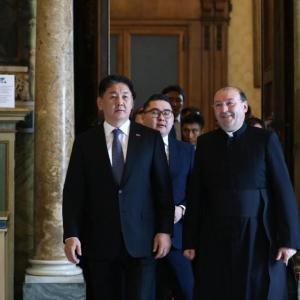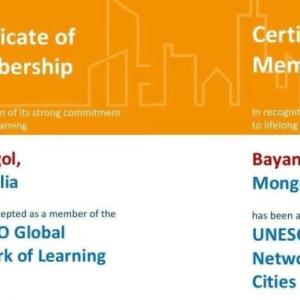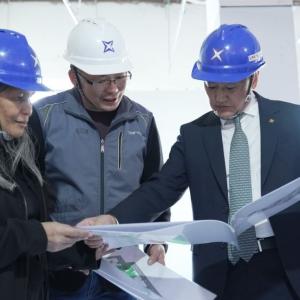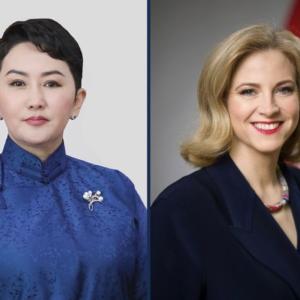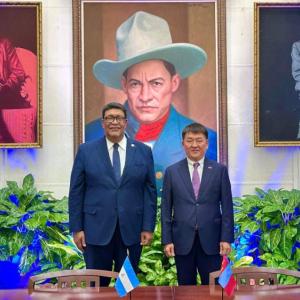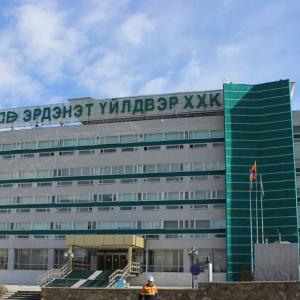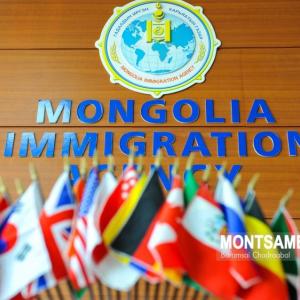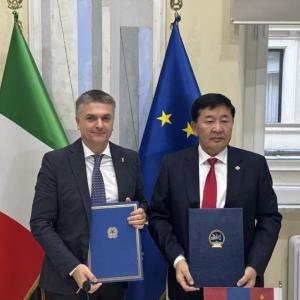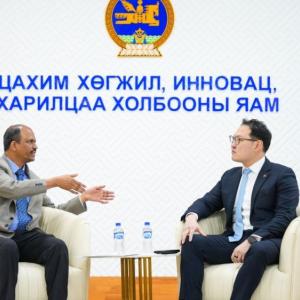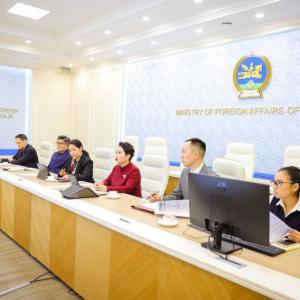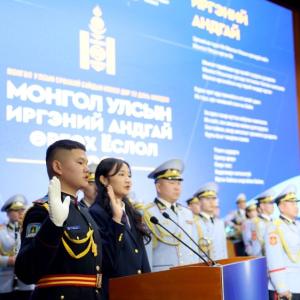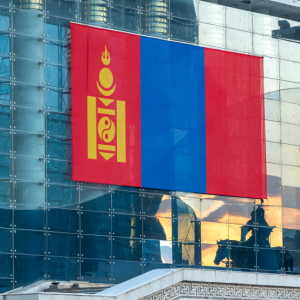PM Orders State Secretaries to Lead Anti-Corruption Drive
Politics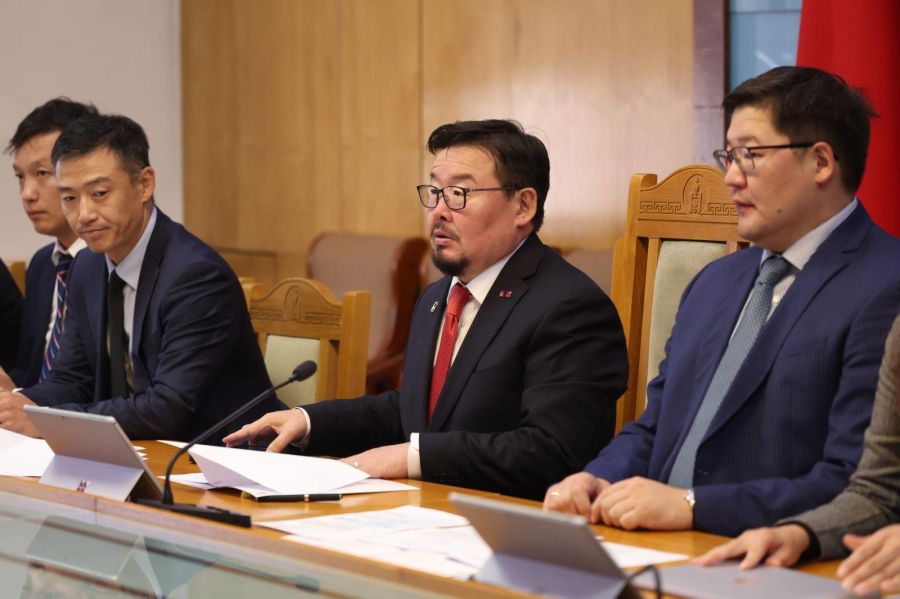
Ulaanbaatar, August 29, 2025 /MONTSAME/. Prime Minister Gombojav Zandanshatar has attended the meeting of the working group established to accelerate the implementation of the National Program to Combat Corruption.
The working group has been tasked with strengthening justice in society, intensifying the fight against corruption and abuse of office, improving the legal environment for prevention of corruption and conflicts of interest, identifying factors that have caused Mongolia’s Corruption Perceptions Index (CPI) score and ranking to decline in recent years, implementing recommendations by the international organization Transparency International, eliminating bureaucratic red tape, protecting investors’ rights, creating a favorable business environment, and restoring violated rights. The working group is led by First Deputy Chief of the Cabinet Secretary Munkh-Erdene Dembereltseren.
Prime Minister Zandanshatar noted that Mongolia ranked 93rd in Transparency International’s Corruption Perceptions Index in 2018 but has fallen to 114th in 2024. He emphasized that combating corruption is not only the duty of the Independent Authority Against Corruption but also the responsibility of the government to maintain public order, combat crime, and prevent offenses. Highlighting the leadership role of state secretaries, he underscored that they must provide daily management, ensure prompt implementation of laws and government decisions, and lead by example in anti-corruption efforts. “State Secretaries must spearhead this mission and deliver tangible results, which are crucial to enhancing Mongolia’s international reputation, attracting investment, protecting the rights of citizens and businesses, and restoring public trust in the Government,” the Prime Minister said.
First Deputy Chief of the Cabinet Secretary Munkh-Erdene Dembereltseren presented the working group’s mandate and its 2025 action plan. Key measures include preparing a proposal to annul all types of permits, rules, regulations, instructions, and administrative acts not required by law, which impose bureaucracy, obstacles, and burdens on businesses, and submitting it to a Cabinet meeting. The plan also envisions drafting laws to eliminate the root causes and conditions of corruption, refine the legal framework to prevent corruption and conflicts of interest, ensure the public’s right to information by abolishing outdated official secrecy, and strengthen mechanisms to protect whistleblowers, witnesses, and victims in line with international recommendations.
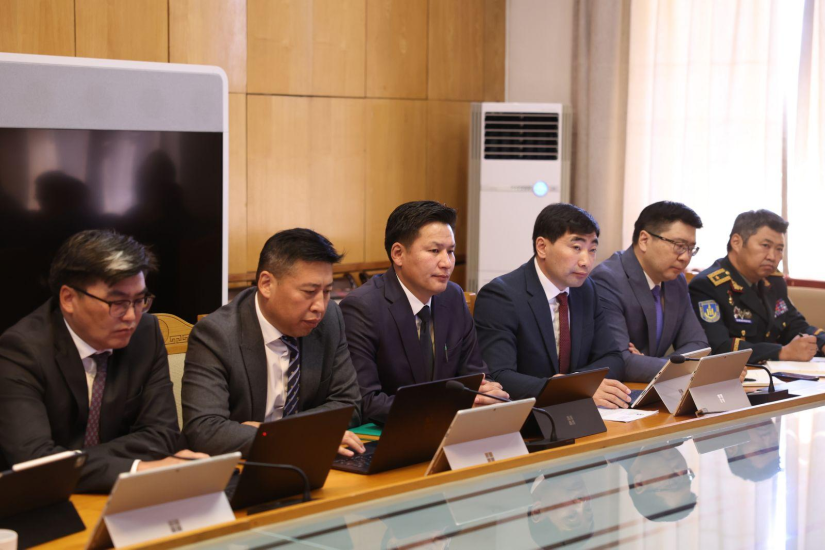
 Ulaanbaatar
Ulaanbaatar







